Back to Courses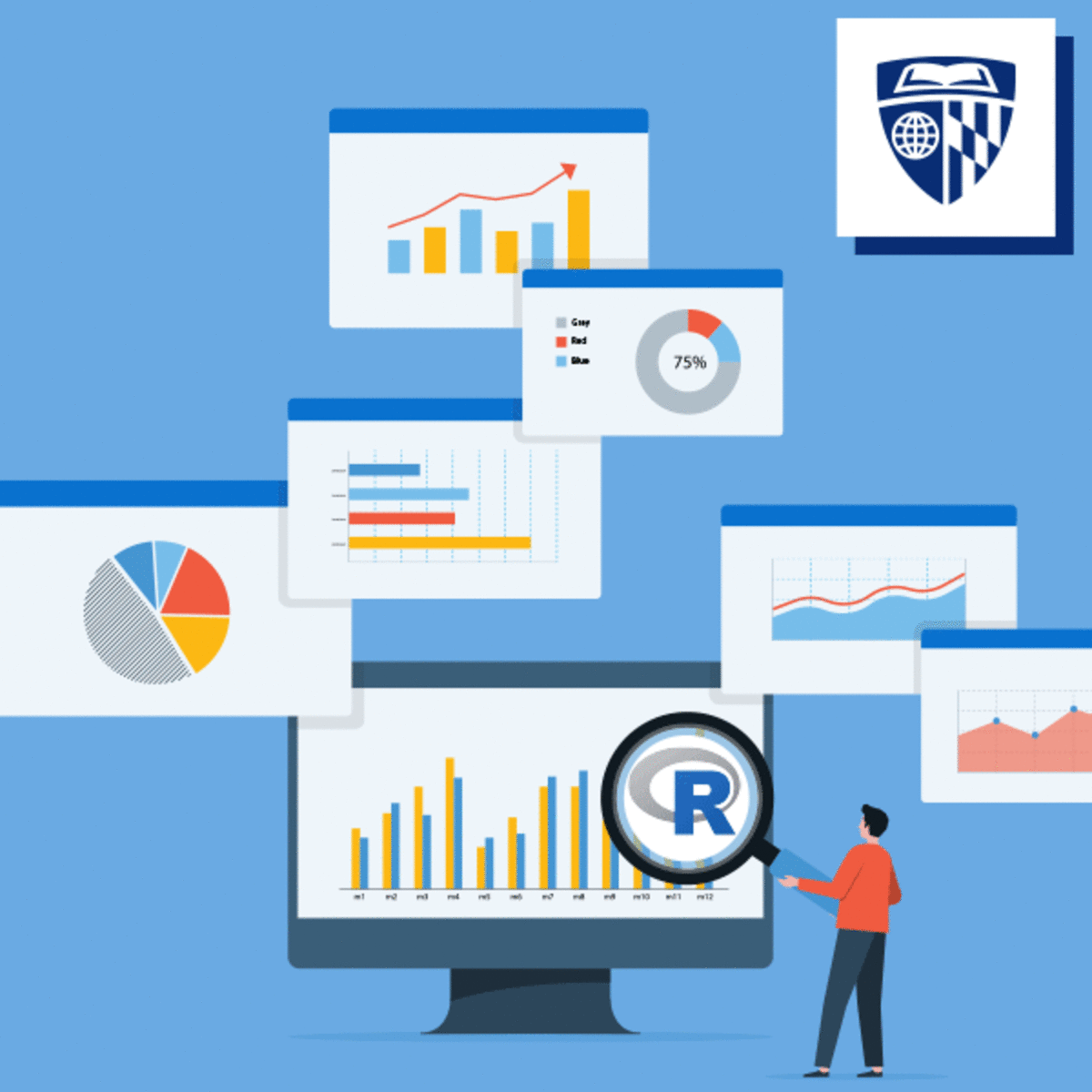
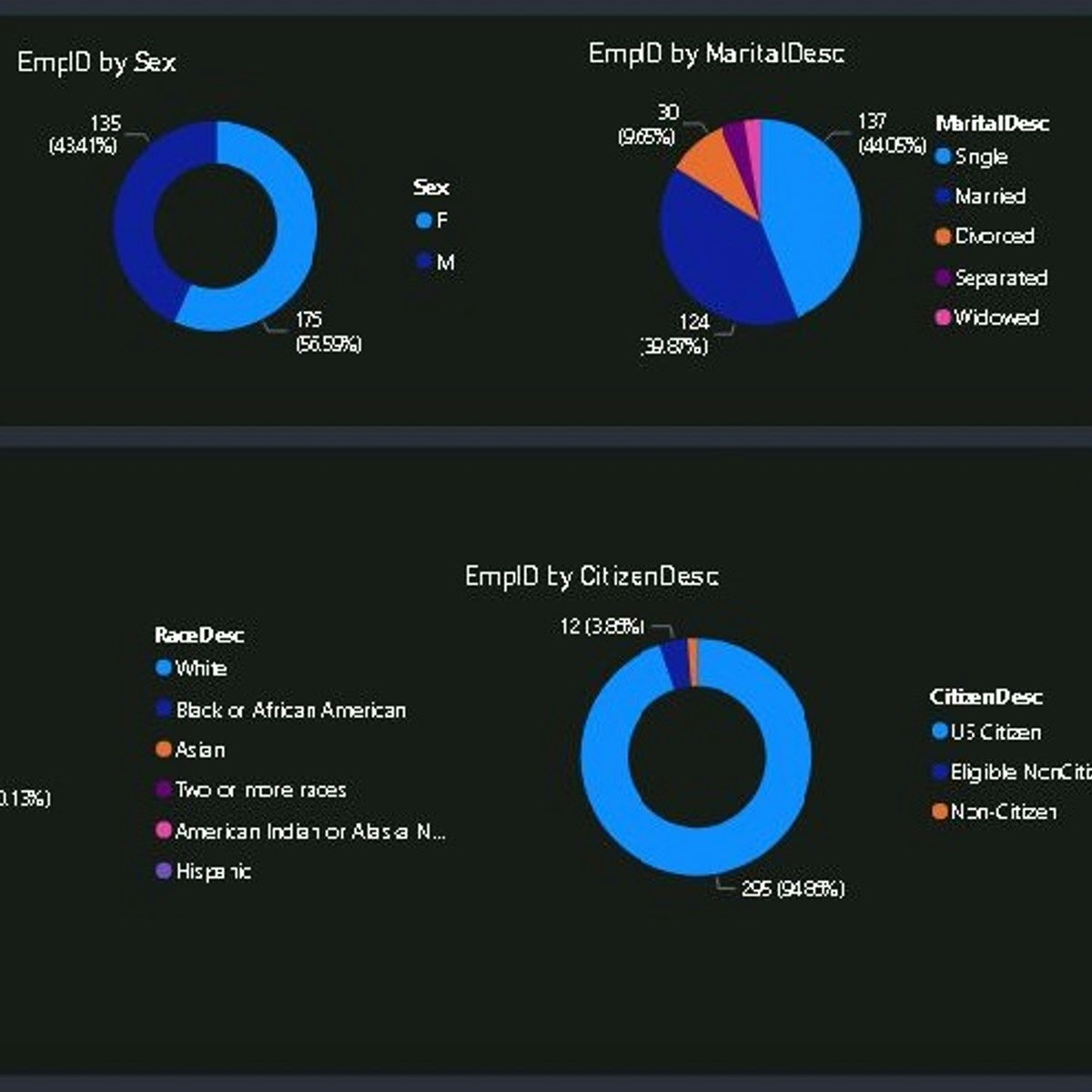
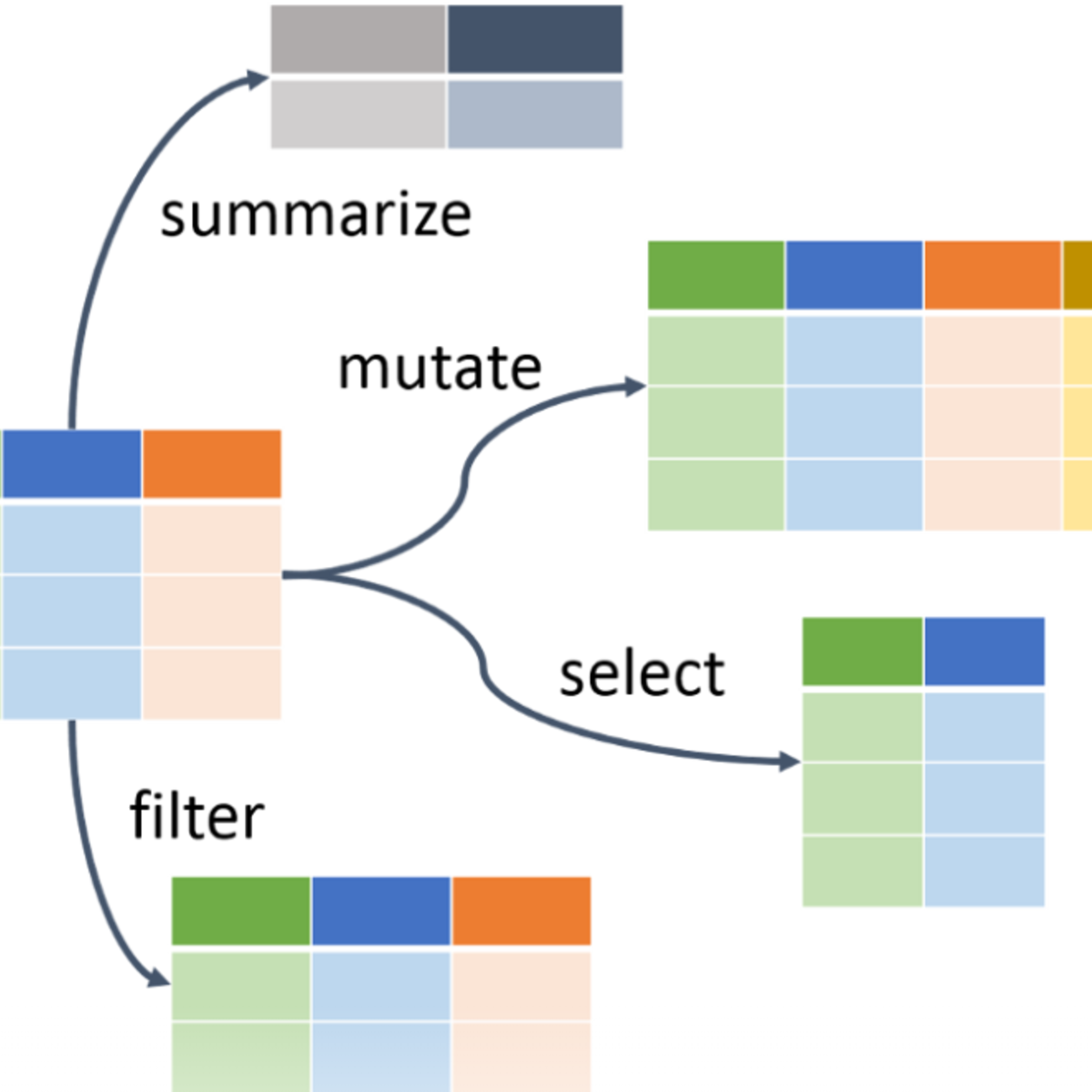
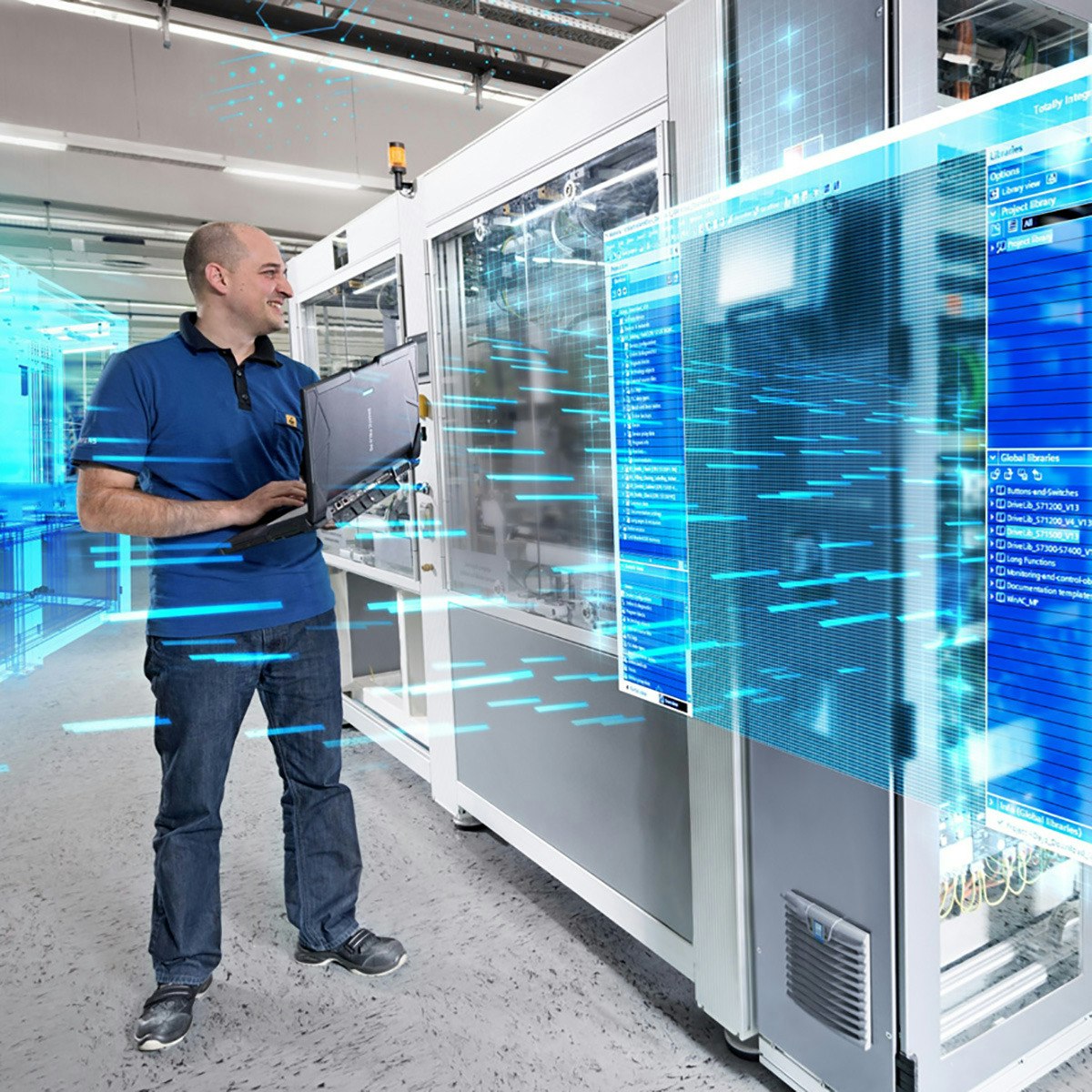
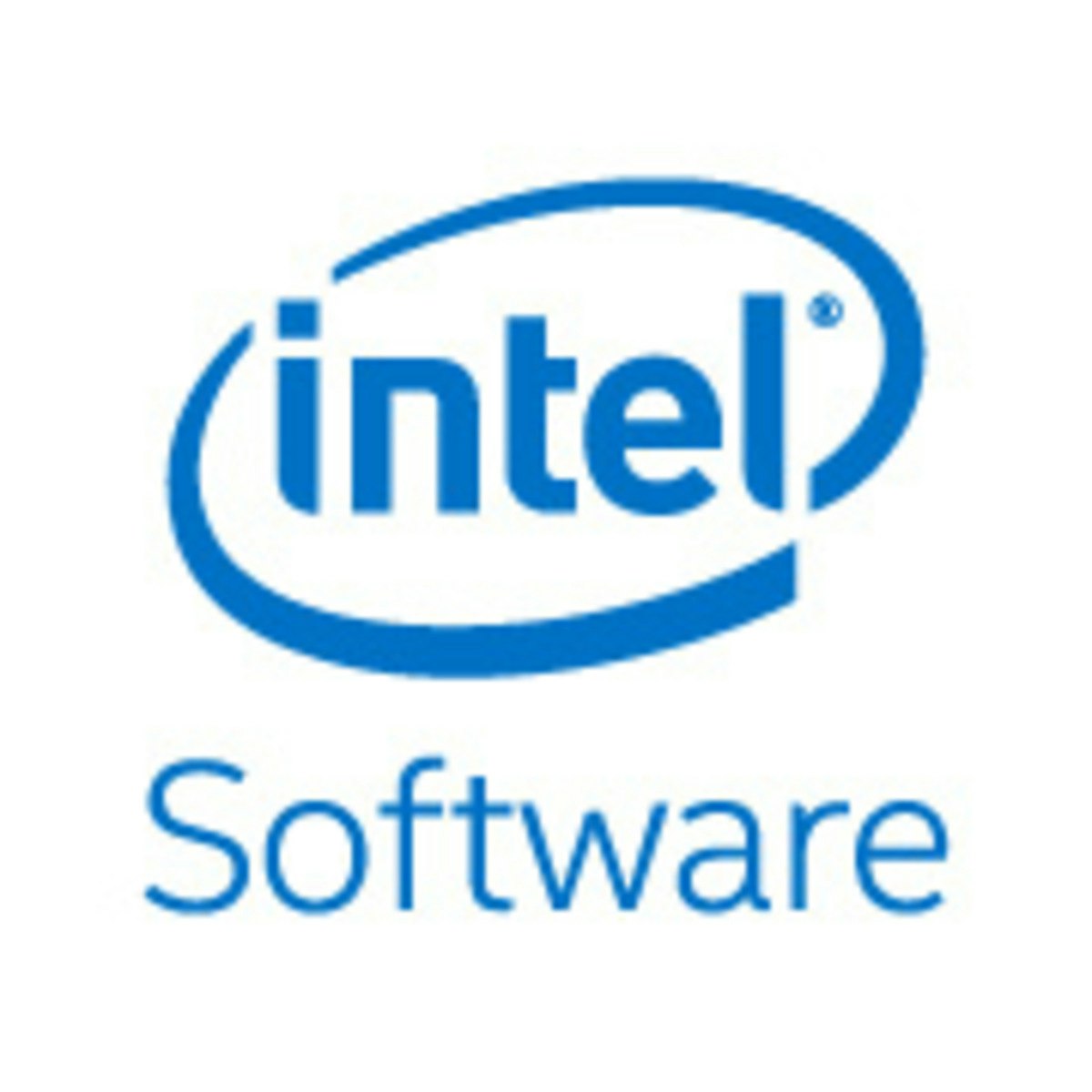
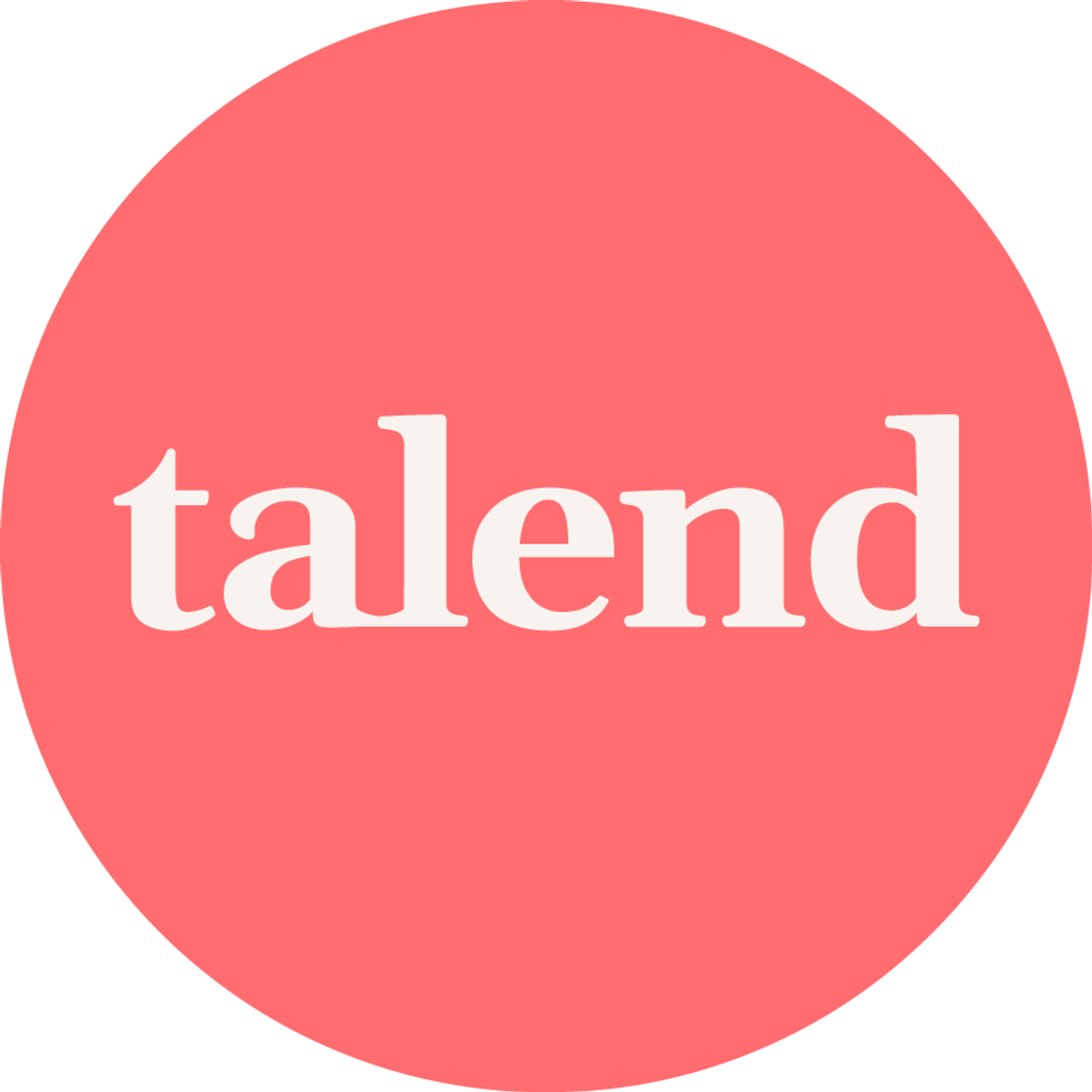




Data Science Courses - Page 54
Showing results 531-540 of 1407

Advanced Data Visualization with R
Data visualization is a critical skill for anyone that routinely using quantitative data in his or her work - which is to say that data visualization is a tool that almost every worker needs today. One of the critical tools for data visualization today is the R statistical programming language. Especially in conjunction with the tidyverse software packages, R has become an extremely powerful and flexible platform for making figures, tables, and reproducible reports. However, R can be intimidating for first time users, and there are so many resources online that it can be difficult to sort through without guidance.
This course is the third in the Specialization "Data Visualization and Dashboarding in R." Learners come into this course with a foundation using R to make many basic kinds of visualization, primarily with the ggplot2 package. Accordingly, this course focuses on expanding the learners' inventory of data visualization options. Drawing on additional packages to supplement ggplot2, learners will made more variants of traditional figures, as well as venture into spatial data. The course ends make interactive and animated figures.
To fill that need, this course is intended for learners who have little or no experience with R but who are looking for an introduction to this tool. By the end of this course, students will be able to import data into R, manipulate that data using tools from the popular tidyverse package, and make simple reports using R Markdown. The course is designed for students with good basic computing skills, but limited if any experience with programming.

HR Analytics- Build an HR dashboard using Power BI
In this 1 hour long project, you will build an attractive and eye-catching HR dashboard using Power BI. We will begin this guided project by importing data & creating an employee demographics page that gives us the overall demographic outlook of the organization. We will then create pie charts and doughnut charts to visualize gender & racial diversity. In the final tasks, we will create an employee detail page that will provide you with all the important information about any employee with just a click. We will also explore buttons, themes, slicers & filters to make the dashboard more interactive & useful. By the end of this course, you will be confident in creating beautiful HR dashboards that you can use for your personal or organizational purpose.

Build Data Analysis and Transformation Skills in R using DPLYR
Congratulations you've made it to Part 2 of the DPLYR series! In a moment you will be taken to Rhyme where a Virtual Machine with R, R Studio and DPLYR awaits. Once there you will begin the Project where you will be introduced to the Rhyme Interface and subsequently learn how to use the DPLYR verbs in a more advanced way by building on the foundation learned in the previous course. Come in, get experience using R and learn new ways to use the dplyr functions.
By the end of this course, you will be able to:
To practice the basic dplyr functions and how they are used
To learn advanced features of the dplyr verb 'mutate'
To implement the verb mutate over a data set in place of a 'for loop'
To continue thinking in dplyr verb phrases (ex. filter, aggregate, and transform data)

MBSE: Model-Based Systems Engineering
This Model-Based Systems Engineering (MBSE) course and the Digital Thread courses featured earlier in this specialization bring together the concepts from across digital manufacturing and design, forming a vision in which the geometry of a product is just one way of describing it. MBSE is where the model resulting from the evolution of system requirements, design, analysis, verification and validation activities is the focus of design and manufacturing. Students will gain an understanding of systems engineering, the model-based approach to design and manufacturing, the Digital Twin, and a roadmap toward a model-based enterprise.
Students will be able to explain the value and expectations of systems engineering and model-based systems engineering, and the underlying motivations and opportunities represented by a model-based enterprise. They will develop the knowledge necessary to perform a baseline assessment of an organization’s potential to leverage MBSE.
Main concepts of this course will be delivered through lectures, readings, discussions and various videos.
This is the eighth course in the Digital Manufacturing & Design Technology specialization that explores the many facets of manufacturing’s “Fourth Revolution,” aka Industry 4.0, and features a culminating project involving creation of a roadmap to achieve a self-established DMD-related professional goal. To learn more about the Digital Manufacturing and Design Technology specialization, please watch the overview video by copying and pasting the following link into your web browser: https://youtu.be/wETK1O9c-CA

An Introduction to Practical Deep Learning
This course provides an introduction to Deep Learning, a field that aims to harness the enormous amounts of data that we are surrounded by with artificial neural networks, allowing for the development of self-driving cars, speech interfaces, genomic sequence analysis and algorithmic trading.
You will explore important concepts in Deep Learning, train deep networks using Intel Nervana Neon, apply Deep Learning to various applications and explore new and emerging Deep Learning topics.

Talend Data Integration Certification Preparation training
Talend Certification exams measure candidates’ skills to ensure that they have the knowledge to successfully implement quality projects. It is recommended to have at least 6 months of experience using Talend products and general knowledge of data integration architecture and advanced features before preparing for a Talend certification.
At the end of this preparation course, you can take the graded assessments in order to obtain the certificate of course completion. This includes practice test questions that provide a sample of question types, format, and content you might encounter during the Talend Data Integration v7 Certified Developer exam. Please note this is not the actual certification.
When you are ready to register for the actual exam, connect to https://www.webassessor.com/talend to register.
Preparing for a certification exam can be both exciting and terrifying, but don't worry! This preparation course will introduce the topics you should invest in when preparing for the certification exam.

Tweet Emotion Recognition with TensorFlow
In this 2-hour long guided project, we are going to create a recurrent neural network and train it on a tweet emotion dataset to learn to recognize emotions in tweets. The dataset has thousands of tweets each classified in one of 6 emotions. This is a multi class classification problem in the natural language processing domain. We will be using TensorFlow as our machine learning framework.
You will need prior programming experience in Python. This is a practical, hands on guided project for learners who already have theoretical understanding of Neural Networks, recurrent neural networks, and optimization algorithms like gradient descent but want to understand how to use the Tensorflow to start performing natural language processing tasks like text classification. You should also have some basic familiarity with TensorFlow.
Note: This course works best for learners who are based in the North America region. We’re currently working on providing the same experience in other regions.

Prepare for DP-203: Data Engineering on Microsoft Azure Exam
Microsoft certifications give you a professional advantage by providing globally recognized and industry-endorsed evidence of mastering skills in digital and cloud businesses. In this course, you will prepare to take the DP-203 Microsoft Azure Data Fundamentals certification exam.
You will refresh your knowledge of how to use various Azure data services and languages to store and produce cleansed and enhanced datasets for analysis. You will test your knowledge in a practice exam mapped to all the main topics covered in the DP-203 exam, ensuring you’re well prepared for certification success.
You will also get a more detailed overview of the Microsoft certification program and where you can go next in your career. You’ll also get tips and tricks, testing strategies, useful resources, and information on how to sign up for the DP-203 proctored exam. By the end of this course, you will be ready to sign-up for and take the DP-203 exam.
This is the last course in a program of 10 courses to help prepare you to take the exam so that you can have expertise in designing and implementing data solutions that use Microsoft Azure data services. The Data Engineering on Microsoft Azure exam is an opportunity to prove knowledge expertise in integrating, transforming, and consolidating data from various structured and unstructured data systems into structures that are suitable for building analytics solutions that use Microsoft Azure data services. Each course teaches you the concepts and skills that are measured by the exam.
By the end of this Specialization, you will be ready to take and sign-up for the Exam DP-203: Data Engineering on Microsoft Azure (beta).
Introduction to Business Analytics: Communicating with Data
This course introduces students to the science of business analytics while casting a keen eye toward the artful use of numbers found in the digital space. The goal is to provide businesses and managers with the foundation needed to apply data analytics to real-world challenges they confront daily in their professional lives. Students will learn to identify the ideal analytic tool for their specific needs; understand valid and reliable ways to collect, analyze, and visualize data; and utilize data in decision making for their agencies, organizations or clients.

Digital Thread: Implementation
There are opportunities throughout the design process of any product to make significant changes, and ultimately impact the future of manufacturing, by embracing the digital thread. In this course, you will dig into the transformation taking place in how products are designed and manufactured throughout the world. It is the second of two courses that focuses on the "digital thread" – the stream that starts at the creation of a product concept and continues to accumulate information and data throughout the product life cycle.
Hear about the realities of implementing the digital thread, directly from someone responsible for making it happen at a company. Learn how the digital thread can fit into product development processes in an office, on a shop floor, and even across an enterprise. Be prepared to talk about the benefits, and limitations, of enacting it.
Main concepts of this course will be delivered through lectures, readings, discussions and various videos.
This is the third course in the Digital Manufacturing & Design Technology specialization that explores the many facets of manufacturing’s “Fourth Revolution,” aka Industry 4.0, and features a culminating project involving creation of a roadmap to achieve a self-established DMD-related professional goal. To learn more about the Digital Manufacturing and Design Technology specialization, please watch the overview video by copying and pasting the following link into your web browser: https://youtu.be/wETK1O9c-CA
Popular Internships and Jobs by Categories
Find Jobs & Internships
Browse
© 2024 BoostGrad | All rights reserved